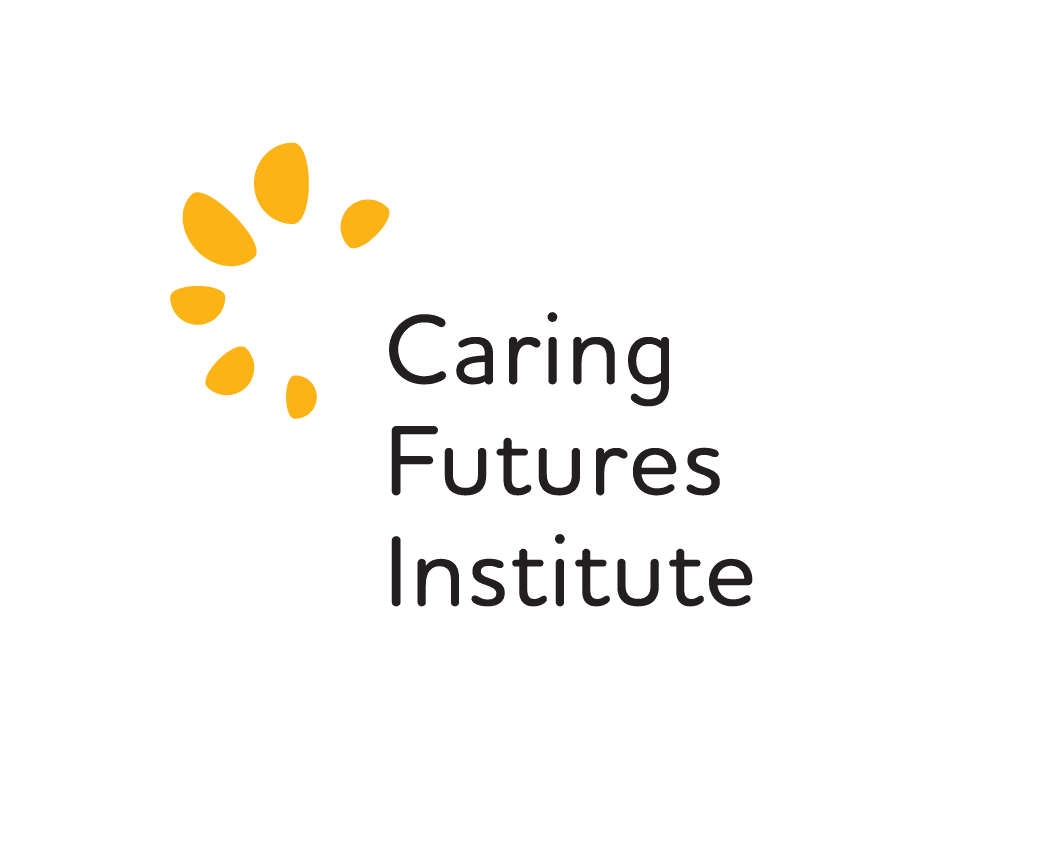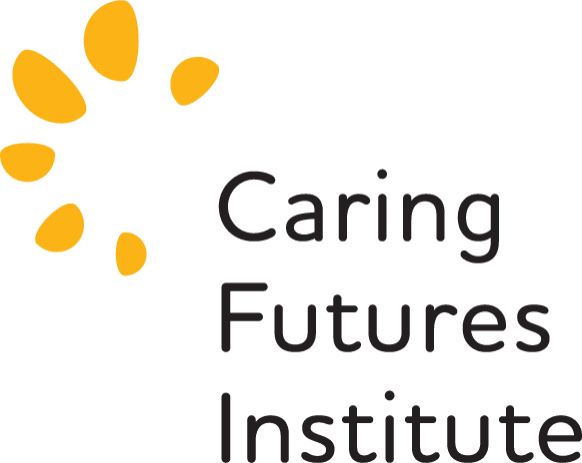Intensive Care
At the Caring Futures Institute we understand the care workforce can be under immense pressure managing the demands of their jobs. Some health workers experience extreme stress and have to deal with death, pain and distress of their patients for extended periods of time.
In Australia there are more than 200 intensive care units which provide a rolling exponential service to the broader community through acute care facilities with an over 30,000-person workforce.
Previous work has reported that burnout was at epidemic levels even before the COVID-19 pandemic with 50% of these clinicians experiencing at least one symptom of chronic workplace stress.
Burnout has been recognised as an occupational hazard, and it is endemic amongst healthcare professionals globally. Medical, nursing and allied health professionals working in intensive care are subject to highly stressful events and a high-pressure environment. Understanding how they cope (or not cope) is essential to designing interventions to protect their mental health and maintain their ability to work effectively. The role of organisations in managing workplace safety, preventing stress and promoting wellbeing is also an important part of this research.
Our research team have been at the coalface of critical and intensive care. They understand the context and can better design ways to improve well-being and resilience.

Our Research
We aim to find ways to reduce burnout and improve wellbeing among healthcare professionals in high-pressure work environments. We are identifying the extent of the problem in Australia but also internationally through our collaborations in Canada and in New Zealand. We also have collaborations with intensive care organisations in the US, Singapore, Europe, and the UK. We work closely with the International Collaboration for Occupational Resilience.
We are co-designing interventions to reduce or prevent burnout and improve wellbeing among healthcare professionals. Our research team have strong connections with Australian College of Critical Care Nurses, the Australian and New Zealand Intensive Care Society, the College of Intensive Care Medicine, and the Intensive Care Clinical Trials Group.
Read more about our intensive care research
Our leading researchers in this field

Associate Professor Diane Chamberlain
Associate Professor Diane Chamberlain is a clinical expert at an advanced practice level specialised in acute and critical care, intensive care, trauma and retrieval nursing. Diane is also a Clinical Epidemiologist experienced with international data sets of health service use and outcomes. Diane is lead author in significant publications for the critical care workforce in Australia.
Partner with us
We can’t reinvent care alone. We need partners across industry, government, and the general public to co-design the projects and new support mechanisms. Let’s work together to understand the building blocks of care in our society.
We can make a difference together.
Be the change.
![]()
Sturt Rd, Bedford Park
South Australia 5042
South Australia | Northern Territory
Global | Online
CRICOS Provider: 00114A TEQSA Provider ID: PRV12097 TEQSA category: Australian University










